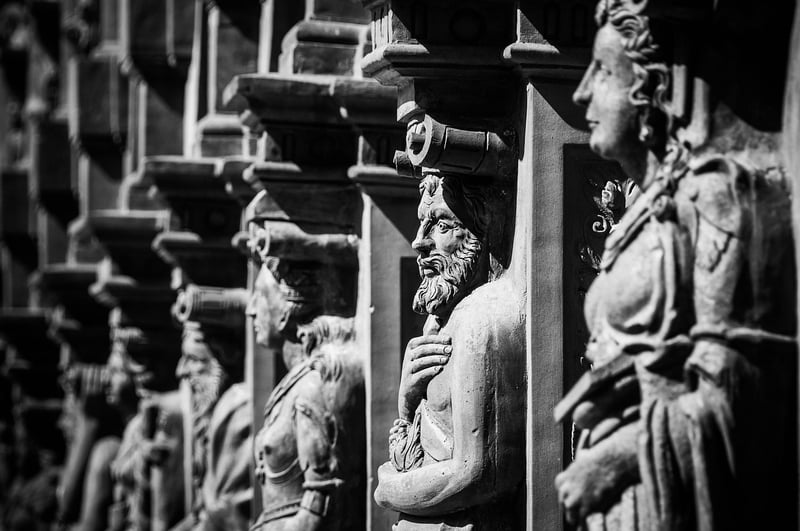Renaissance Era
Exploring Pivotal Moments in the Renaissance Era
The Renaissance era, spanning roughly from the 14th to the 17th century, was a time of immense cultural, artistic, and intellectual growth in Europe. This period witnessed a resurgence of interest in classical learning, exploration, and innovation that laid the foundation for the modern world. Let's delve into some pivotal moments that shaped the Renaissance era.
1. The Printing Press Revolution
One of the most significant events of the Renaissance era was the invention of the printing press by Johannes Gutenberg in the mid-15th century. This invention revolutionized the spread of knowledge by making books more accessible, leading to a surge in literacy rates and the dissemination of ideas across Europe.
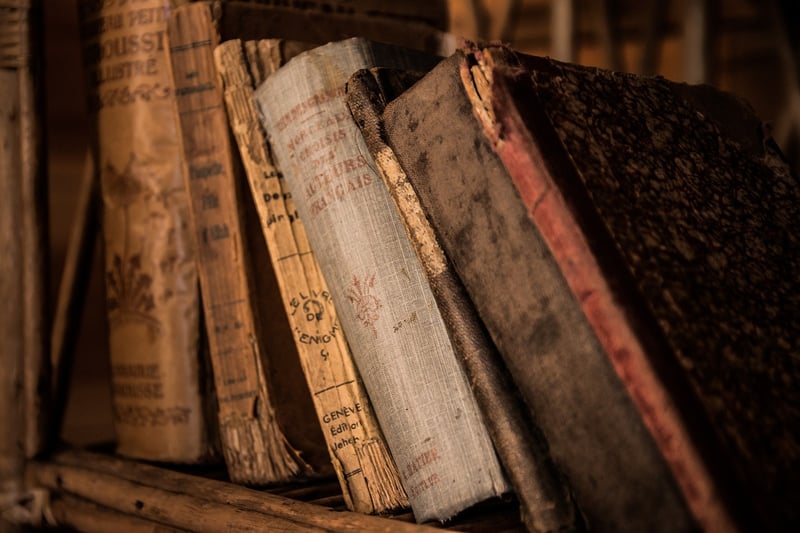
2. The Artistic Mastery of Leonardo da Vinci
Leonardo da Vinci, a polymath of the Renaissance era, made significant contributions to art, science, and engineering. His iconic works such as the Mona Lisa and The Last Supper exemplify the era's emphasis on humanism, realism, and innovation in artistic expression.
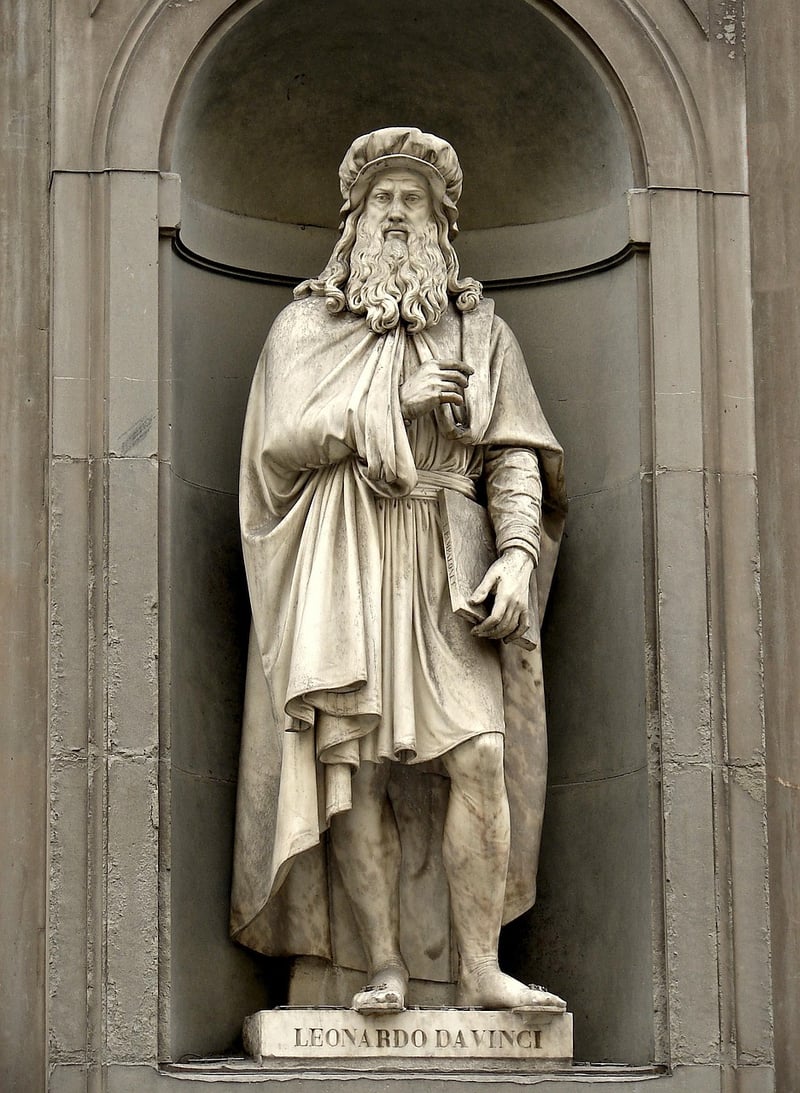
3. The Scientific Revolution and Galileo Galilei
The Renaissance era also saw advancements in science, with figures like Galileo Galilei challenging traditional beliefs about the cosmos. Galileo's observations through the telescope supported the heliocentric model of the solar system, sparking a revolution in scientific thinking.
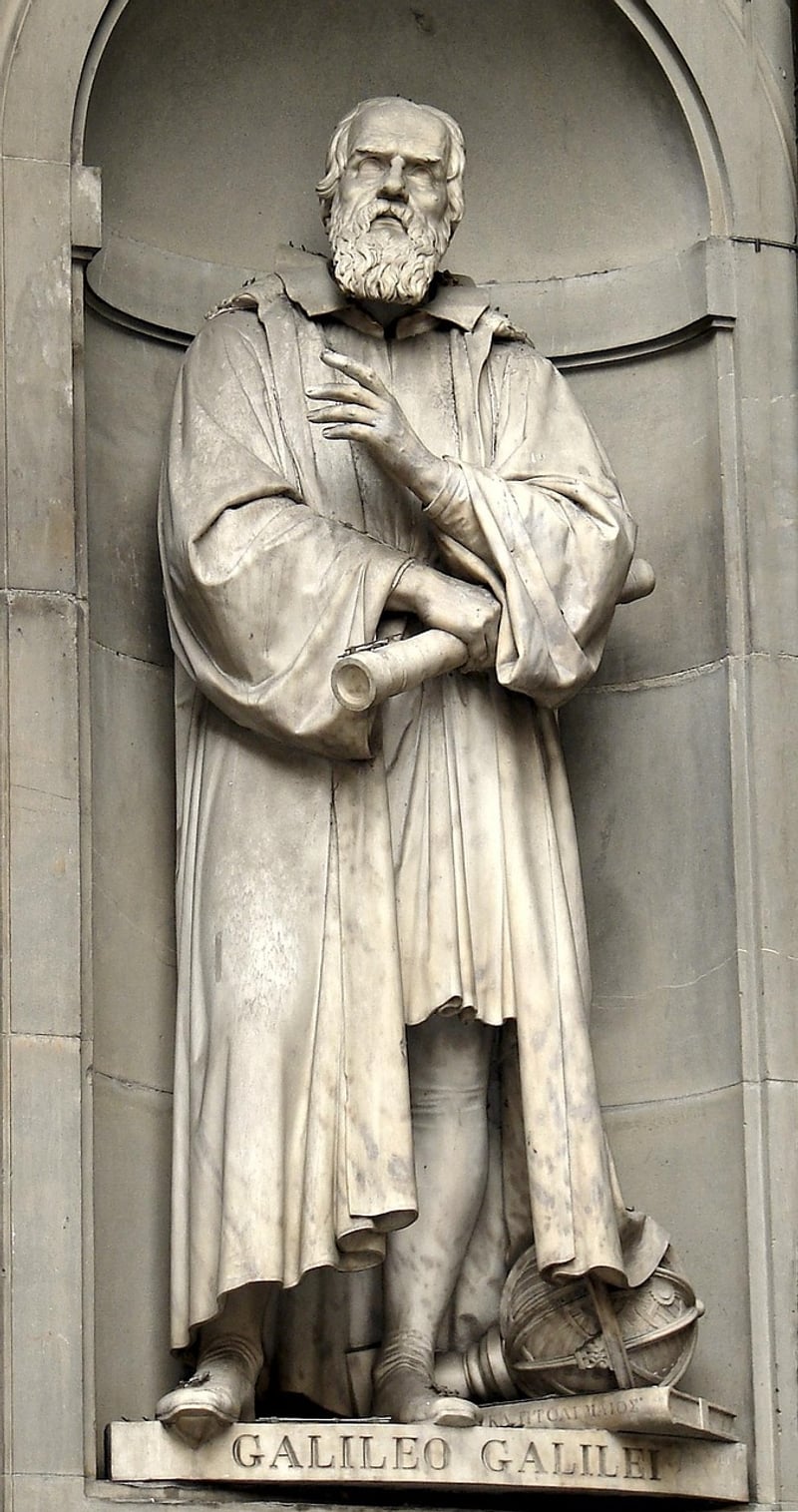
4. The Reformation and Martin Luther
Martin Luther's Ninety-Five Theses, published in 1517, marked the beginning of the Protestant Reformation and a significant religious upheaval in Europe. Luther's criticisms of the Catholic Church's practices sparked debates on faith, authority, and the role of the individual in religious matters.
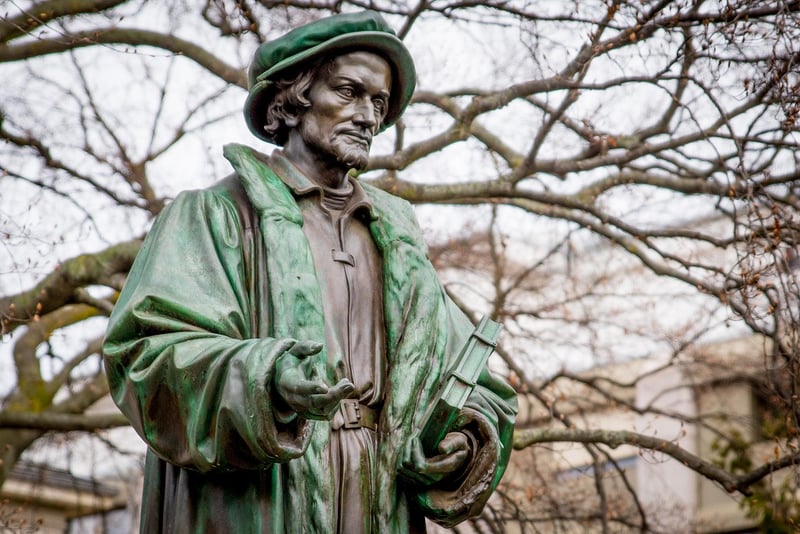
5. The Age of Exploration and Columbus
The Renaissance era was also characterized by a spirit of exploration and discovery. Christopher Columbus's voyages to the Americas in 1492 opened up new trade routes, expanded European influence, and initiated the age of global exploration and colonization.
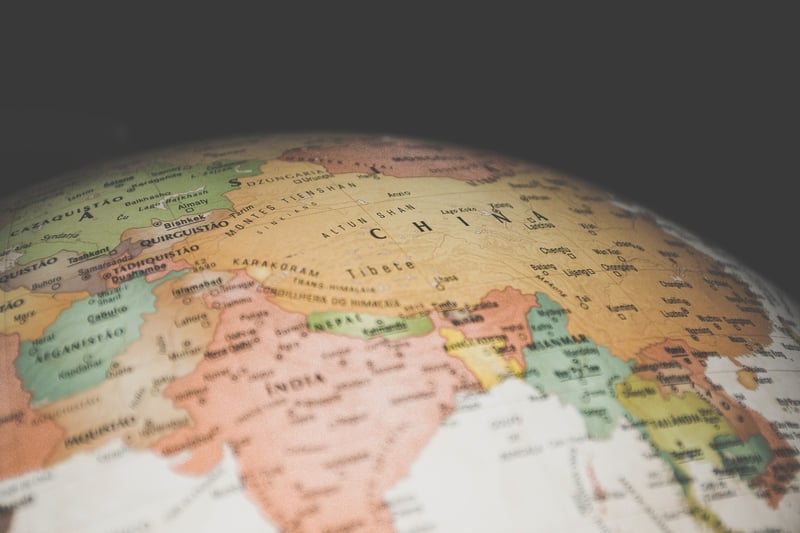
These pivotal moments in the Renaissance era exemplify the spirit of curiosity, innovation, and transformation that defined this remarkable period in history.
